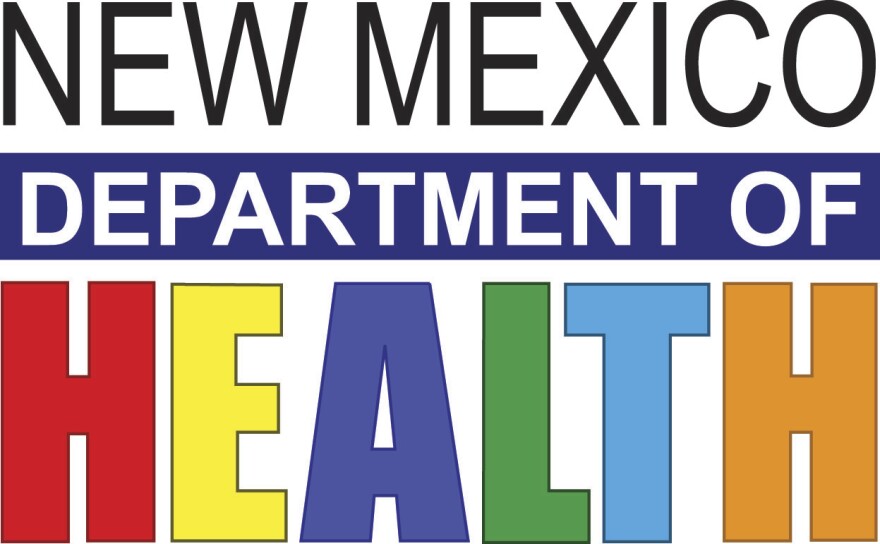Thanksgiving is tomorrow. Many of us will be home with family tomorrow, enjoying a meal, taking in some football, even some evening shopping.
While you’re hanging out, consider taking a few minutes to talk about one of the last topics that would cross your mind until it’s too late: your family to share everything from a meal to your family health history.
Thanksgiving is more than the eve to Black Friday, it’s National Family Health History Day. Holidays are prime time for having everyone in the family in one place for once. The New Mexico Department of Health encourages New Mexicans to talk about, and to write down, the health problems that run in their family.
According to the U.S. Department of Health and Human Services, health care professionals have known for a long time that common diseases - heart disease, cancer, and diabetes - and rare diseases - like hemophilia, cystic fibrosis, and sickle cell anemia - can run in families.
You’ve probably already seen this in your own family: if your grandparents had high blood pressure, it is not unusual for your parents’ generation to have similarly high blood pressure. It could mean you have it too.
Tracing the illnesses suffered by your parents, grandparents, and other blood relatives can help your doctor predict the disorders to which you may be at risk and take action to keep you and your family healthy.
The Surgeon General's My Family Health Portrait is a free web-based tool that can help you and your family collect and organize family health history information and easily share it with your doctor. You can find it online at https://familyhistory.hhs.gov/FHH/html/index.html
The Centers for Disease Control and Prevention (CDC) offer the following tips on how to collect your family health history:
· Talk to your family. Write down the names of blood relatives you need to include in your history. The most important relatives to include in your family health history are your parents, brothers and sisters, and your children. Next, you may want to talk to grandparents, uncles and aunts, nieces and nephews, and half-brothers and half-sisters.
· Ask questions. To find out about your risk for chronic diseases, ask your relatives about which of these diseases they have had and when they were diagnosed. Questions can include:
- Do you have any chronic diseases, such as heart disease or diabetes, or health conditions such as high blood pressure or high cholesterol?
- Have you had any other serious diseases, such as cancer or stroke?
- How old were you when each of these diseases was diagnosed?
- What is our family's ancestry – what country did we come from?
- For relatives who have died, be sure to ask about cause and age of death.
- Record the information. Write this information down, and be sure to update it from time to time.
- Share family health history information with your doctor and other family members. If you are concerned about diseases that are common in your family, talk to your doctor at your next visit. A doctor can evaluate all of the factors, including family health history that may affect your risk of some diseases, and can recommend ways to reduce that risk.


